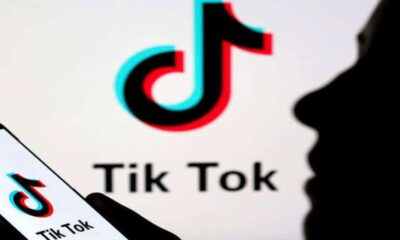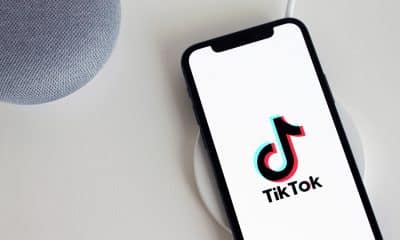Business
FTC Investigating TikTok Over Privacy And Security
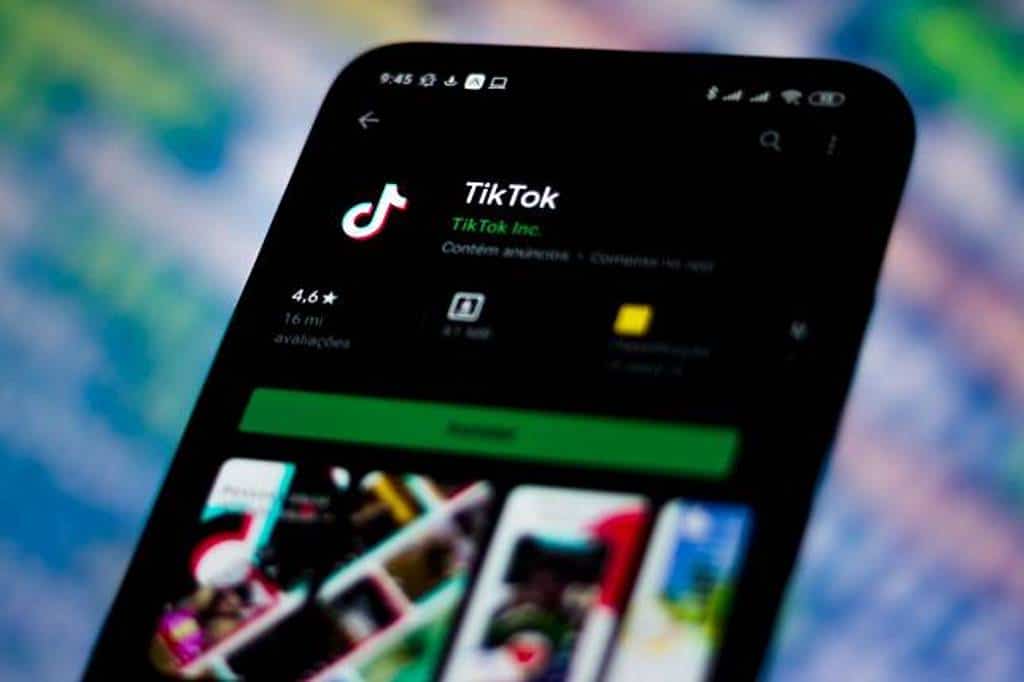
The Federal Trade Commission is looking into TikTok’s data and security procedures, two individuals told CNN on the condition of anonymity.
The investigation adds to the social media platform’s already difficult situation, which includes the possibility of a US ban or forced divestment from its Chinese parent firm.
According to reports, the FTC is investigating for allegedly violating the Children’s Online Privacy Protection Rule. This rule requires corporations to notify parents and acquire consent before collecting data from children under the age of 13.
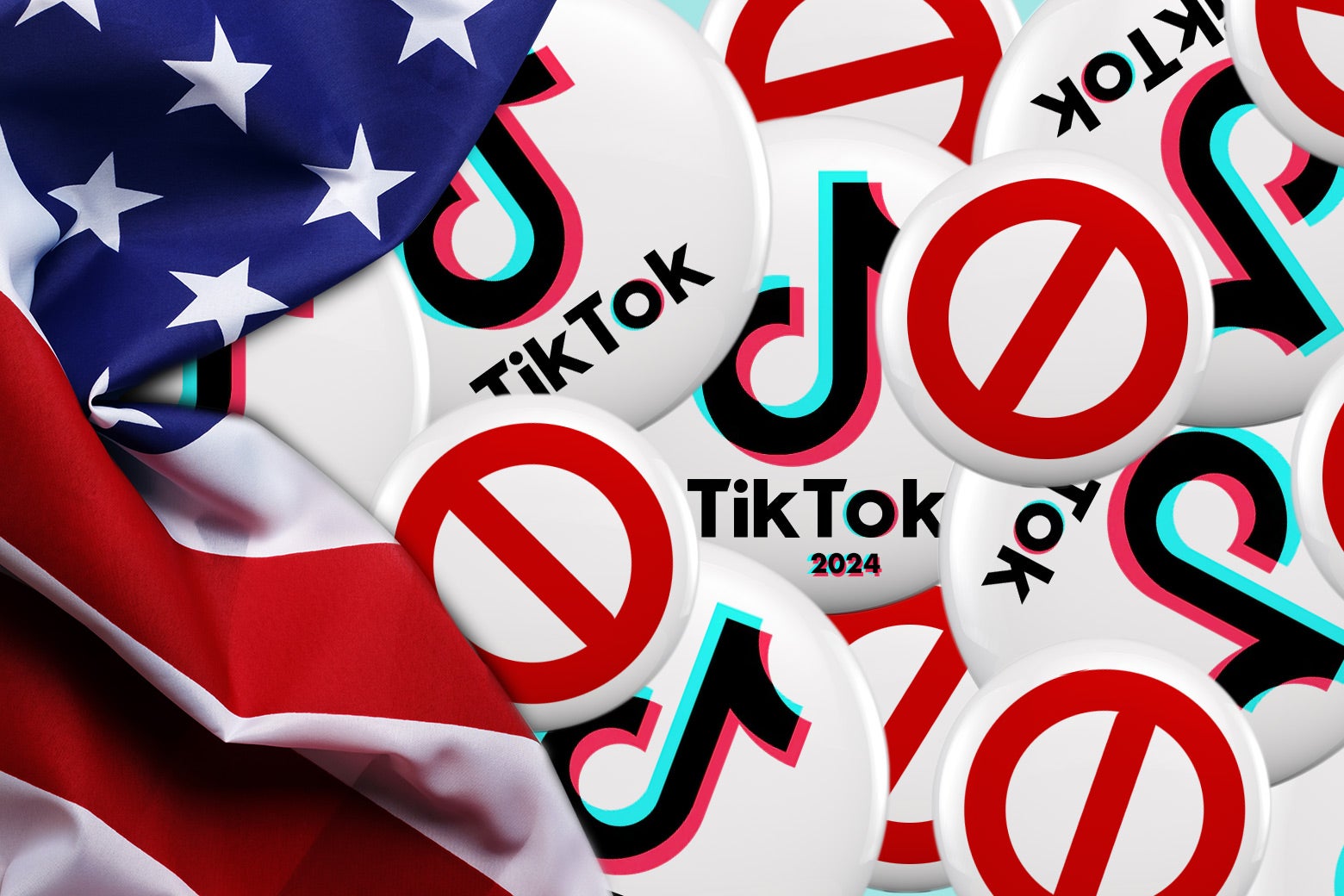
CNN – VOR News Image
FTC Investigating TikTok Over Privacy And Security
According to the sources, the agency is also looking into whether they violated a provision of the FTC Act that forbids “unfair or deceptive” business practices by denying that user data may be accessible by individuals in China.
According to one of the sources, the FTC may file a lawsuit against TikTok or reach an agreement with the firm over the coming weeks. Politico reported on the investigation earlier.
When contacted about the probe, FTC Director of Public Affairs Douglas Farrar said, “No comment.”
TikTok did not immediately respond to a request for comment.
The FTC investigation comes as they faces an existential threat in the US. A bipartisan coalition in the US House of Representatives voted earlier this month to adopt legislation mandating that ByteDance distribute TikTok or face a ban in US app stores.

The Hill -VOR News Image
FTC Investigating TikTok Over Privacy And Security
The law is before the Senate, and President Joe Biden said he will sign it if it reaches his desk. On the other hand, Senate leaders have signaled that they are taking a cautious approach, which may result in delays or perhaps the failure of the House plan.
ByteDance, a Chinese corporation in control of the short-form video company, has denied claims that US citizens using its app pose a threat to national security. TikTok, which does not operate in China, claims that the Chinese government has never obtained US customer data.
According to cybersecurity experts, Chinese laws force ByteDance to assist with the country’s intelligence demands, which, given ByteDance’s ownership of TikTok, could theoretically jeopardize the privacy of US users. To address this risk, TikTok has kept its US user data on cloud servers operated by US tech giant Oracle, as well as implemented internal policies that prevent non-US staff access.
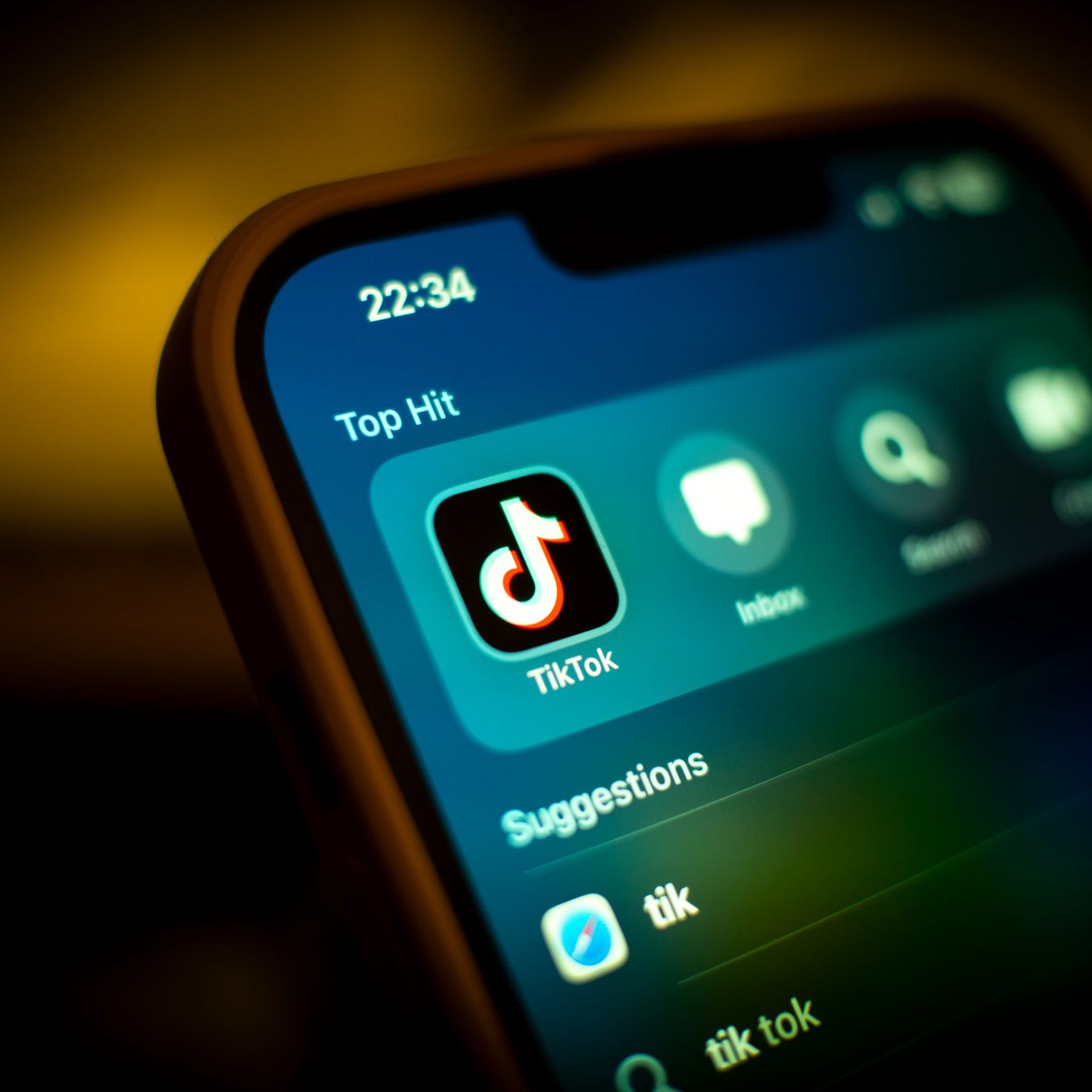
NY Mag – VOR News Image
FTC Investigating TikTok Over Privacy And Security
TikTok admitted to Congress in 2022 that staff headquartered in China could access US user data, following BuzzFeed News’ story that year that ByteDance employees had obtained that information on multiple instances. In his initial appearance before Congress last year, TikTok CEO Shou Chew admitted that many ByteDance workers were fired for spying on specific US journalists as part of a “misguided attempt” to find leakers within the company.
SOURCE – (AP)





